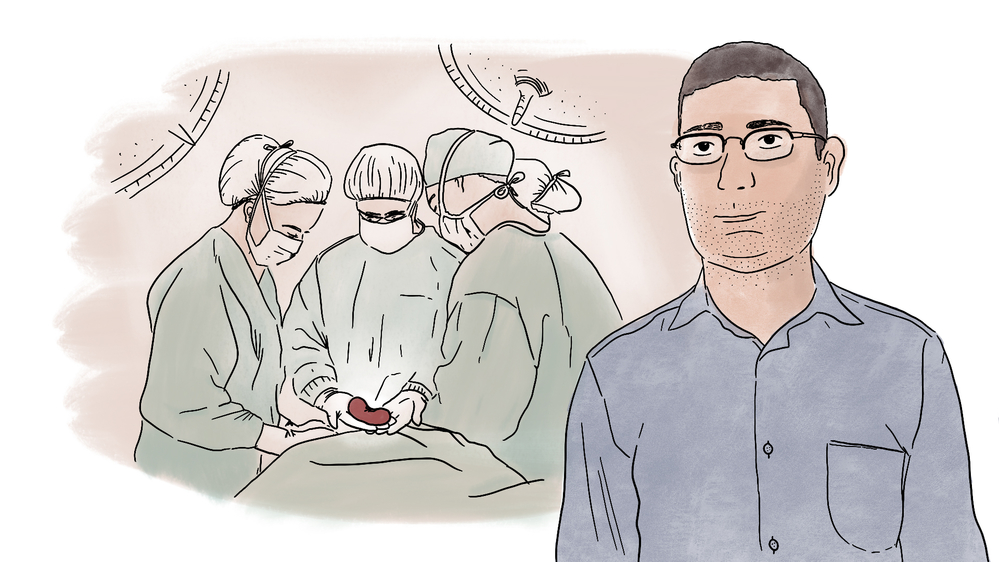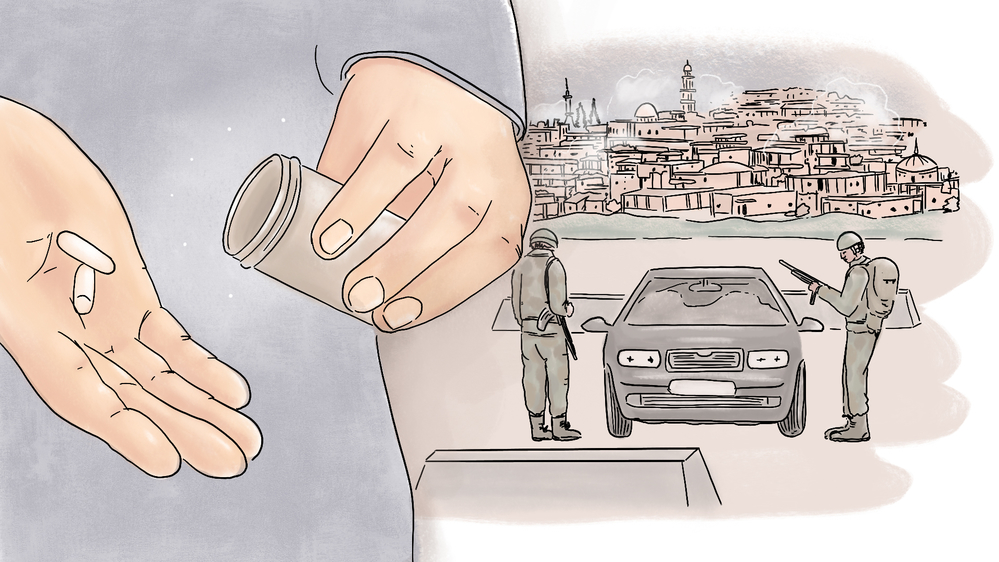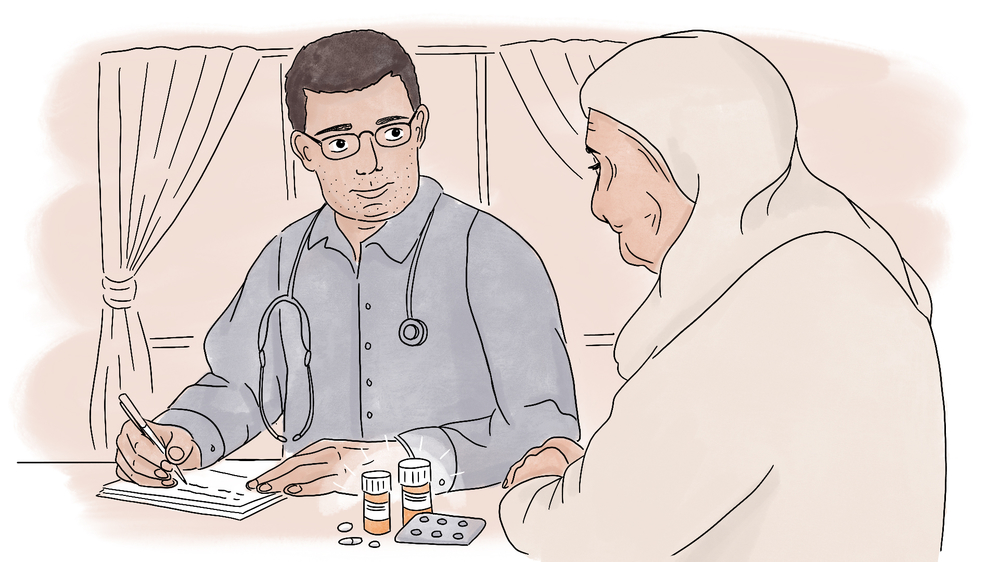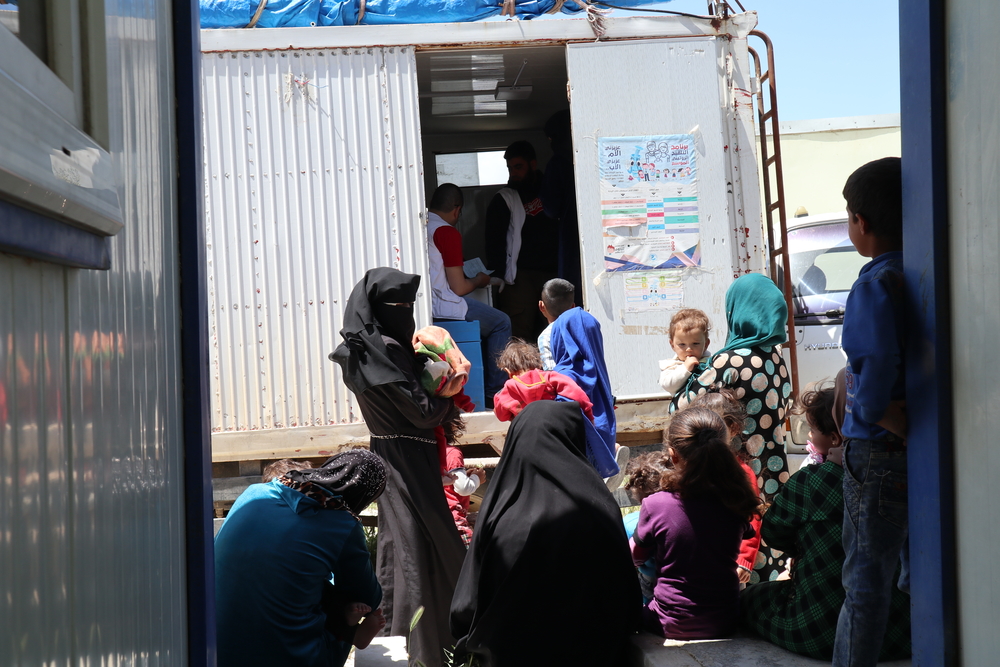“Ten years ago, I underwent a kidney transplant. In that moment, I switched roles. I was not the doctor anymore, I became the patient. This operation turned out to be a decisive moment in my life, but also in my career. Endocrinologist by training, I had, until then, focused mostly on the treatment of diabetes. My transplant, as well as the war that started two years later in my country, encouraged me to change my specialty. Today, I am one of the only doctors in northern Syria providing treatment for patients who underwent a kidney transplant.
Before the war broke out in Syria, these patients’ treatment was quite straightforward. They would get taken care of in governmental hospitals or health centres. Everything was available and dialysis or medications were free of charge for kidney transplant patients. But in 2011, everything changed. Checkpoints started to appear everywhere on the roads and people could not go in and out of their village or town to receive their treatment as they used to. Depending on where you were from, you could get arrested or even killed. It did not matter if you were sick … Coming from the wrong place could complicate considerably your movements and, by extension, your medical treatment.





